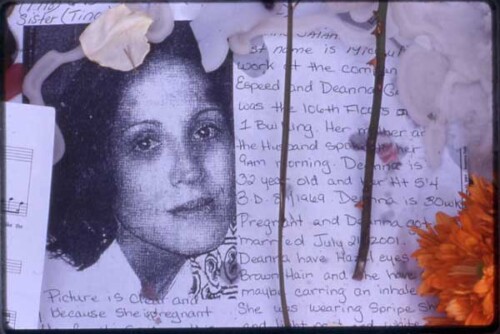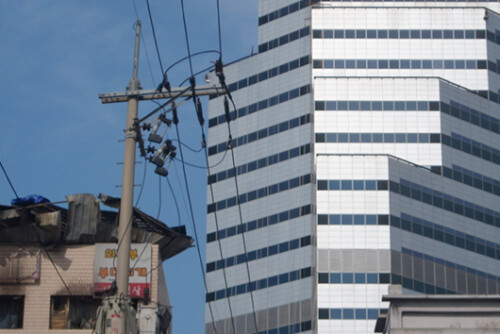The Public
Public culture in the United States ricocheted from one piece of wildness to the next. Time was punctuated by moments of rupture that held a charge as if they were divining rods. They seemed to articulate something. But what? Things were always happening that made no sense at all. The talking heads had no idea what was going on.
Public opinion became some kind of phantom you might see in silhouette reflected on a drawn window shade. The public was a foreign body: something unfathomably weak and unsteady like a flickering candle or eyes blinking uncontrollably in unbearably bright sunlight. Meanwhile, a prolific public culture mushroomed out of everyday practices and identities. Diffuse structures of feeling lodged themselves in frustrated public sensibilities, and even counter publics, with lives of their own. We dreamed of community and a public voice while uncounted numbers of publics emerged every day as the subjects of trauma or pleasure, only to sink again, and then pop up again somewhere else, in some new form. These things were springing up like blades of grass. A lot of them were for fun. They all had a vitality, at least for a while. They were deliberate. They were important, though that was not recognized. They were at once familiar and entirely uncharted, roosting here and there in strange and ordinary moments of impact and emergent affect.
People talked about the future of the planet and despaired at the corruption of politics or the conspiracy of big business or the idiotic flourishes of viciousness marking difference as a threat. Resentment simmered up at the least provocation; it bloomed in sleepless hearts. Then a tiny act of human kindness, or a moment of shared sardonic humor in public, could set things right again with a great sigh of satisfaction at the sheer release of unwanted tension. Goodness attached itself ever more firmly (in a gauzy kind of way) to the image of being off the grid in some kind of face-to-face encounter with the really real.


